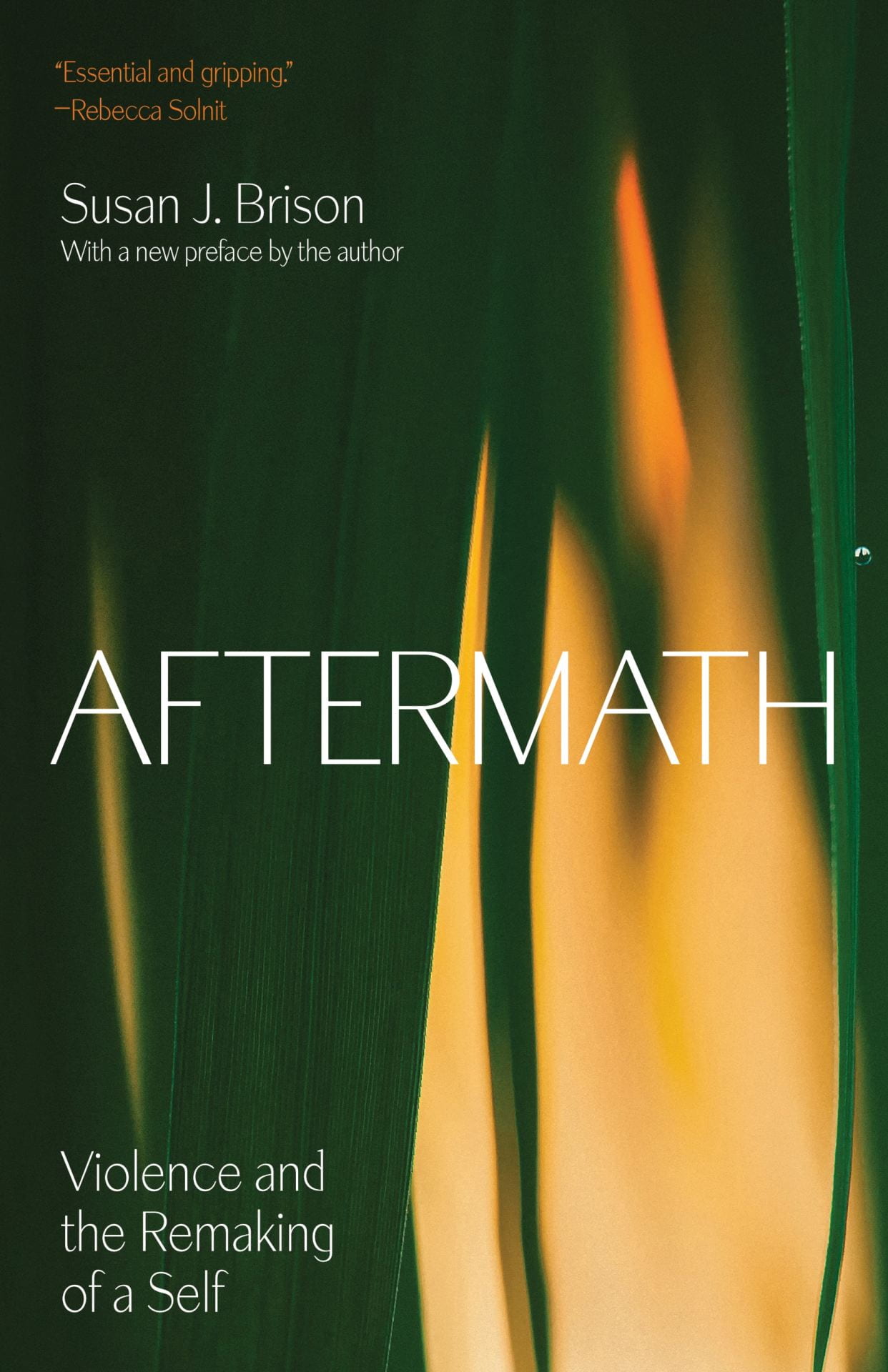Aftermath: Violence and the Remaking of a Self
“There’s a power to firsthand experience, especially of something as brutal as a rape and attempted murder. There’s a very different power to philosophical inquiry into the meanings of violence. What makes Susan Brison’s book essential and gripping is that she is both philosopher and victim in this exploration, vividly recounting her experience and emotion while looking at the context and cultural values that illuminate the repercussions of such a horrific attack.”—Rebecca Solnit, author of Hope in the Dark
“This is one of the most important works of philosophy in the past twenty years.”—Linda Martín Alcoff, author of Rape and Resistance
On July 4, 1990, while on a morning walk in southern France, Susan Brison was attacked from behind, severely beaten, sexually assaulted, strangled to unconsciousness, and left for dead. She survived, but her world was destroyed. Her training as a philosopher could not help her make sense of things, and many of her fundamental assumptions about the nature of the self and the world it inhabits were shattered.
At once a personal narrative of recovery and a philosophical exploration of trauma, this book examines the undoing and remaking of a self in the aftermath of violence. It explores, from an interdisciplinary perspective, memory and truth, identity and self, autonomy and community. It offers imaginative access to the experience of a rape survivor as well as a reflective critique of a society in which women routinely fear and suffer sexual violence.
As Brison observes, trauma disrupts memory, severs past from present, and incapacitates the ability to envision a future. Yet the act of bearing witness, she argues, facilitates recovery by integrating the experience into the survivor’s life’s story. She also argues for the importance, as well as the hazards, of using first-person narratives in understanding not only trauma, but also larger philosophical questions about what we can know and how we should live.
Bravely and beautifully written, Aftermath is that rare book that is an illustration of its own arguments.
Reviews
- Collected Reviews of Aftermath in English
- Collected Reviews of German translation of Aftermath — Vergewaltigt: Ich und die Zeit danach (Munich: C.H. Beck Verlag, 2004)
- Collected Reviews of French translation of Aftermath — Après le viol (Paris: Editions Chambon, 2003)
“An illuminating study…. Restrained, lucid, and elegant, Aftermath is a testament to endurance and, ultimately, survival. Susan Brison charts the disintegration of identity that occurs after sexual violence, and the long and arduous journey back toward a new self.” –Jo Ann Beard, O: The Oprah Magazine
“An intellectually stimulating read…. Brison’s reflections…. will resonate with anyone who has experienced great pain and suffering, as well as with the people who love and care for them…. This is a brave and inspiring book…. [which] goes far beyond typical memoirs of surviving dreadful circumstances.” —Publishers Weekly
“[A] wise and extremely moving reflection on [individual trauma].” –Patricia J. Williams, The Nation
“Aftermath is an affecting and spirited record of how [Brison] managed, with great difficulty, to put [her life] back together, but in new and unexpected forms…. [It] works as the story of a life pulled back from the brink because, at its best, it exemplifies its own arguemnt for the lasting power of narrative.” –Martin Levin, Toronto Globe and Mail
“Brison’s personal narrative and research on surviving rape will attract broad readership, and the more philosophical reflections will attract those interested in a multidisciplinary look at how individuals and society cope with the threat and reality of violence. A courageous work on how society treats trauma victims and how trauma victims can reclaim the recovery process and their lives.” —Booklist
“Brison’s descriptions of the horrors of the first weeks after the assault are absorbing and perceptive…. [She] is no less engaging when she examines the literature of trauma, victimization and recovery…. [An] inspiring volume.” –Mimi Wesson, Women’s Review of Books
“How do you cope with the catastrophic calamity of sexual assault and near murder if you are a philosopher dedicated to rational discourse? Those are the questions posed by [author] Brison in a poignant account. . . . A moving diary of personal trauma and recovery.” —Kurkus Reviews
“I think this is a great book–I use those words sparingly–deeply revealing and fundamentally pessimistic. It is more painful and far less sentimental than Anne Frank’s diary.” –Jonathan Mirsky, The Spectator
